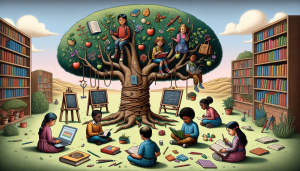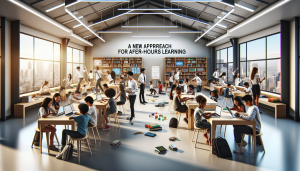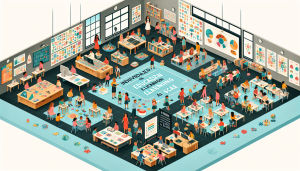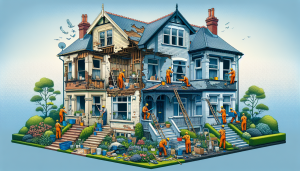The Rise of Microschools: Is Small-Scale Learning the Future?
The Rise of Microschools: Is Small-Scale Learning the Future?
The traditional education system has been the cornerstone of society for decades. Big schools with hundreds of students, standardized curriculums, and limited room for flexibility have been the norm. However, in recent years, there has been a significant increase in the number of microschools – small-scale, independent learning environments that deviate from the traditional model. As more and more parents consider alternatives to the traditional school system for their children, the question arises: is small-scale learning the future of education? Let’s take a closer look at the rise of microschools and what they have to offer.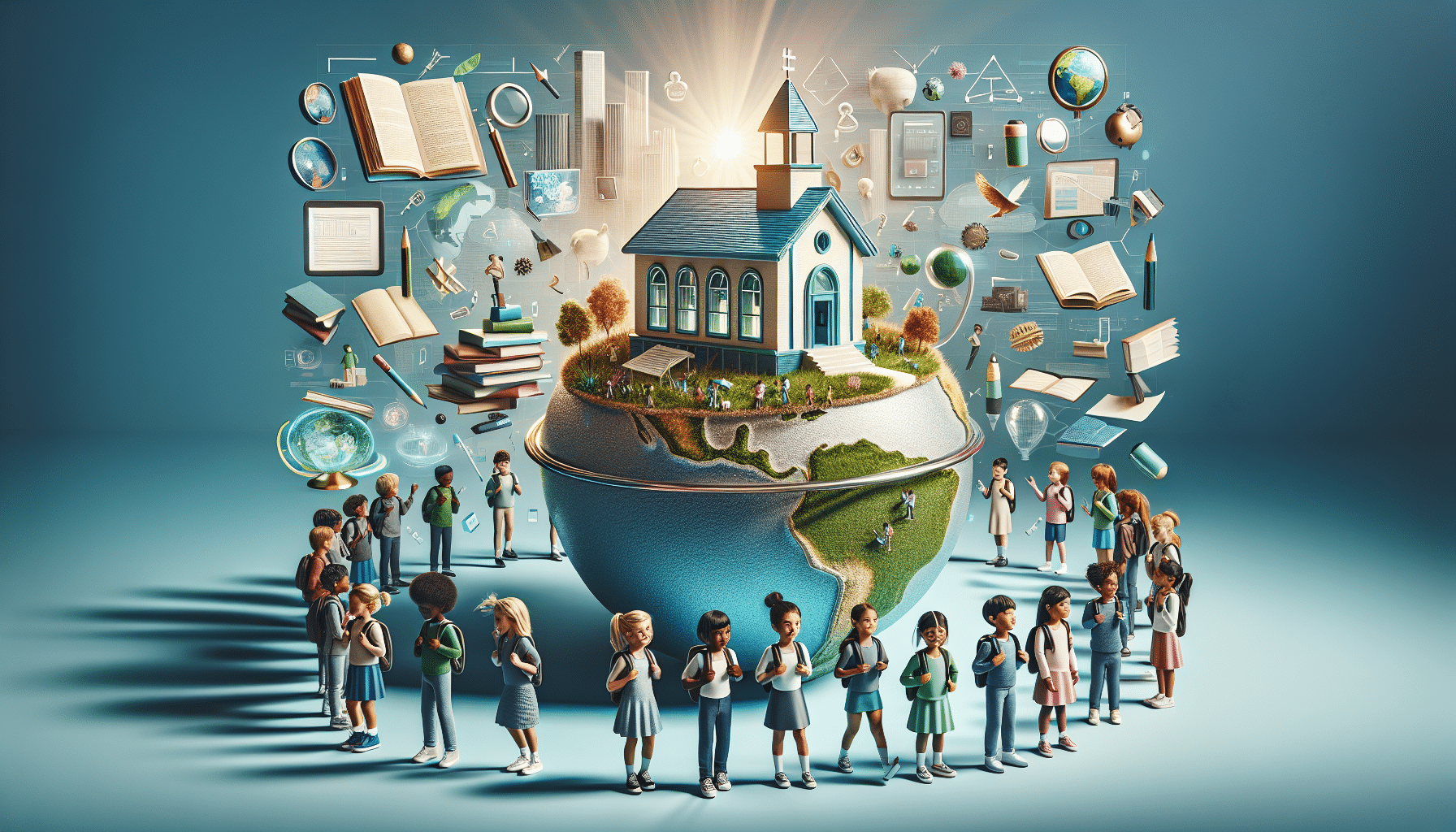
What are Microschools?
In essence, microschools are small-scale, independent education settings that operate outside of the traditional school system. They typically have an average of 10-15 students, with combined age groups, and are designed to provide personalized education based on the needs and interests of each student. Microschools can be run by educators, parents, or even local communities, and often have a specific focus, such as project-based learning, STEM education, or outdoor learning.
The Benefits of Microschools
One of the primary drivers of the rise of microschools is the growing dissatisfaction with the traditional education system. Many parents and educators believe that the one-size-fits-all approach of traditional schools does not support the individual learning needs of students. Microschools, on the other hand, offer a more personalized learning experience, with smaller class sizes and a focus on tailoring education to each student’s needs.
Moreover, microschools also provide a more flexible and dynamic learning environment. With fewer students, teachers have the ability to adapt their teaching style and curriculum to each child’s learning style, rather than following a standardized curriculum. This allows for a more engaging and student-centered approach to learning, with a deeper focus on critical thinking, problem-solving, and creativity.
The Impact of Covid-19 on Microschools
The COVID-19 pandemic has undoubtedly accelerated the growth of microschools. With the closure of schools and the shift to virtual learning, many parents have realized the drawbacks of a traditional classroom setting and have sought alternative options for their children. Microschools, with their small-scale and independent nature, have become a popular choice among parents looking for a more hands-on and personalized education for their children.
The pandemic has also highlighted the benefits of microschools in terms of safety and social distancing. With fewer students and a smaller physical space, microschools offer a lower risk of COVID-19 transmission, making them an appealing option for parents concerned about their child’s health and safety.
The Future of Education?
So, is small-scale learning the future of education? While only time will tell, the rise of microschools certainly points towards a growing demand for alternative forms of education. As our world becomes increasingly complex and interconnected, there is a need for a shift towards a more personalized and flexible education system that fosters critical thinking and adaptability – skills that are crucial for success in the constantly evolving job market.
Microschools not only offer an alternative to the traditional education system but also provide a glimpse into what the future of education could look like – one that puts the needs and interests of students first and focuses on developing well-rounded individuals.
In Conclusion
In today’s fast-paced and ever-changing world, the education system must evolve to meet the needs of our society. Microschools offer a promising alternative to the traditional model, providing a more personalized, flexible, and engaging learning experience to students. Whether they will become the future of education remains to be seen, but one thing is for sure – the rise of microschools is here to stay.
If you are a parent or an educator looking for alternative options for education, consider exploring the world of microschools and see for yourself if small-scale learning is the future you envision for your child.

